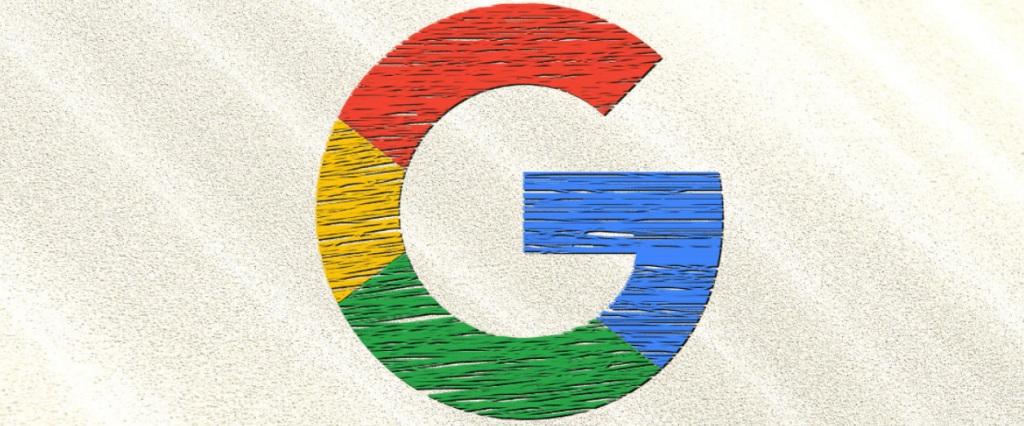Google hasn't done so well with its messaging strategy. Although Facebook and Apple have created messaging platforms that have become essential for users and businesses alike, Google has developed a number of apps (Buzz, Wave, Allo, Hangouts) that have not performed as expected.
Recently, however, the company seems to have made a different decision: Go to RC.

Until now we knew RCS, a new telecommunications standard that is supposed to save old text messages from the flip-phone era.
The new RCS telecommunications standard stands for Rich Communication Services and comes with state-of-the-art messaging features such as reading receipts, typing display and verified business profiles.
In other words, it looks and feels like iMessage or WhatsApp, but it works over the mobile network instead of the internet, à la SMS.
Over the past year, Google seems to be leading the way in a global campaign to persuade mobile operators to support RCS and thus to be ahead of its competitors in messaging with the new standard.
Eventually she seems to take matters into her own hands.
Android users in France and the United Kingdom (and elsewhere soon) will now be able to opt for RCS services provided directly by Google instead of waiting for local mobile providers to turn the switch.
While this may sound like a very small development to the ten-year-old RCS, it is actually a "huge change in strategy," as The Verge puts it: it's not that Google got an iMessage-equivalent service for Android users, but it is very close.
Google's gambit solves one of the major obstacles to the success of RCS, which so far depends on global mobile operators and device manufacturers. The other obstacle is even greater.
Σε αντίθεση με τα WhatsApp, iMessage και άλλες εφαρμογές συνομιλίας μέσω Διαδικτύου (OTT), όπως το Telegram και το Signal, το πρότυπο RCS δεν διαθέτει end-to-end encryption, a fact that Amnesty International pointed out on Google since last year.
For users interested in privacy, end-to-end encryption is essential on the table, as Mary Meeker has shown in its latest report on internet trends.
The good news is that Google seems to be getting end-to-end encryption. Sanaz Ahari, product manager for Android messaging, assured The Verge that the company is determined to find a solution.
The company's voice messaging strategy is ubiquitous and comprehensive, with AI (Google Assistant, Google Duplex) and hardware (Google Home).
What's missing is a good template, and Google may already have it.
______________
- Edge from Chromium, will Microsoft's new strategy succeed?
- Internet Archive is at risk of being blocked by ISPs
- Internet 2020: Who Owns Our Digital Identity?





